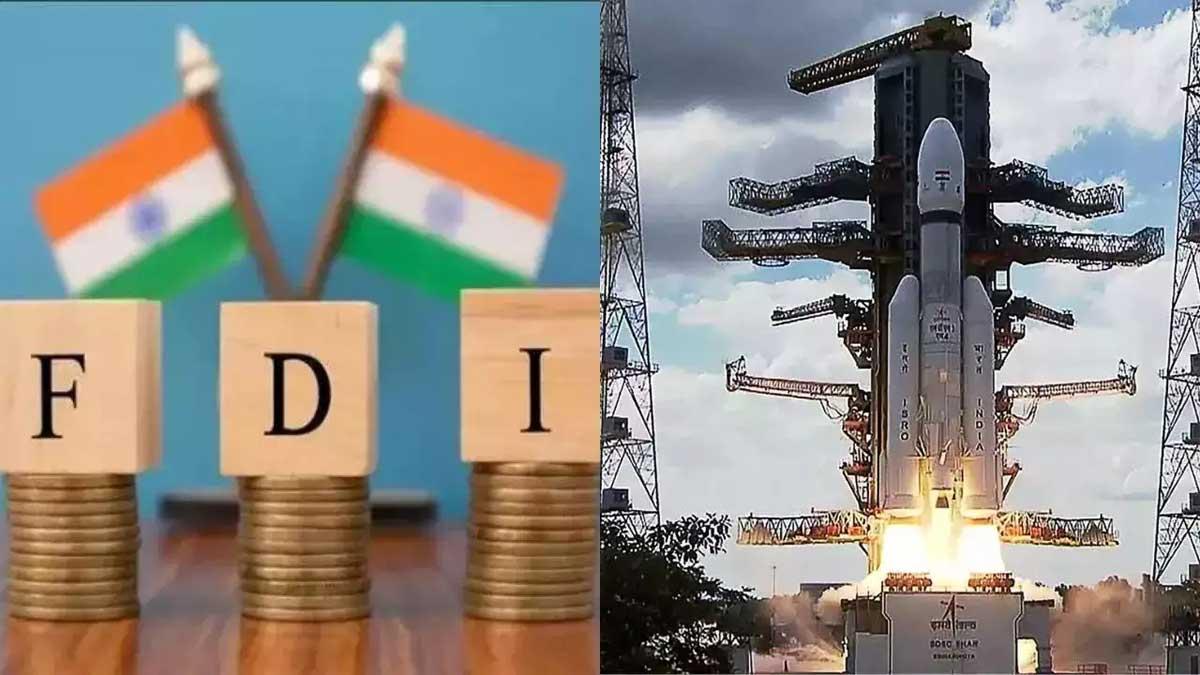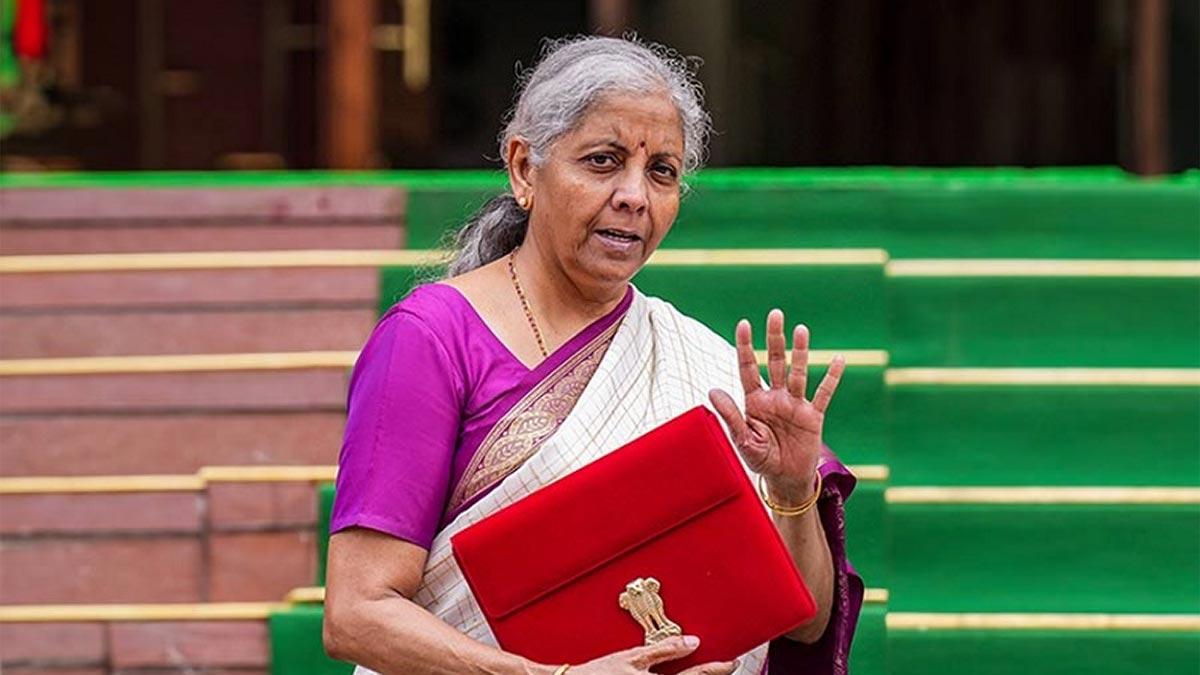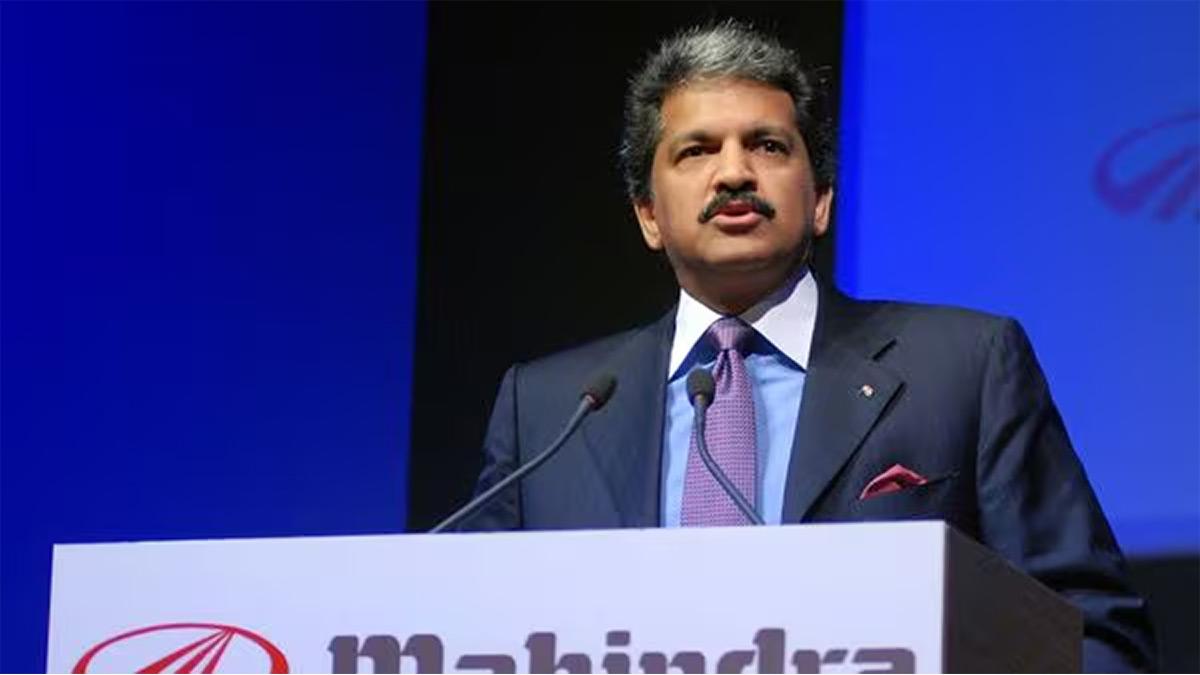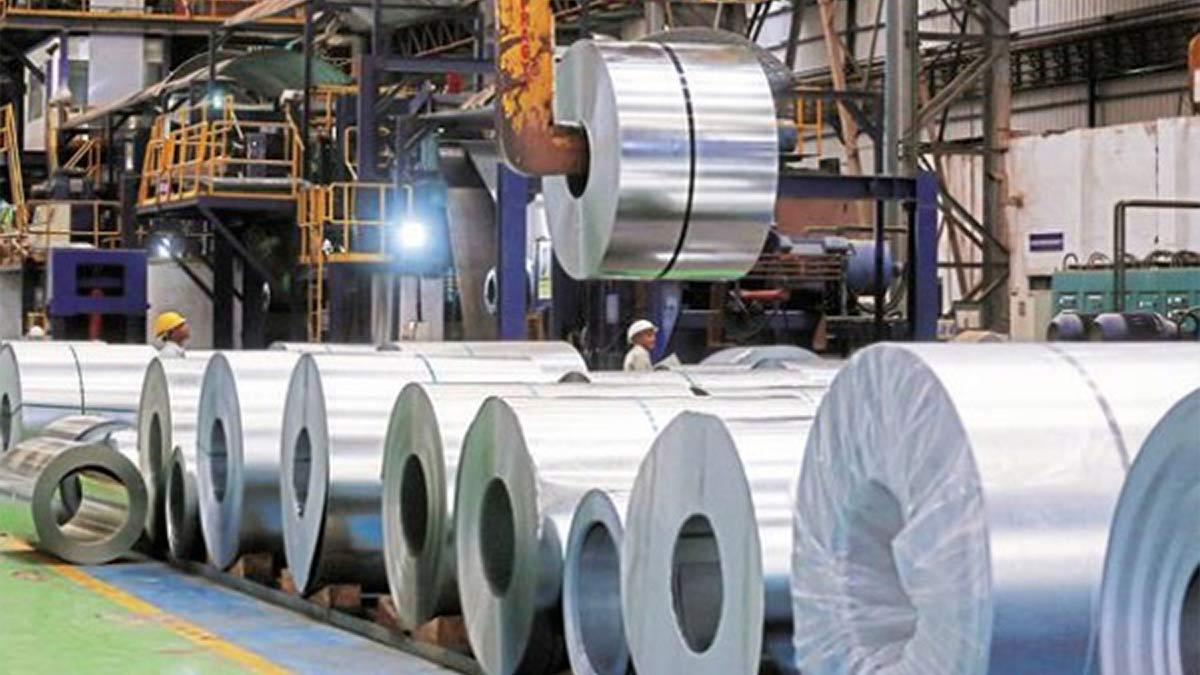Indian rocket and satellite manufacturers, along with their respective advocacy groups, have expressed approval for the revised Foreign Direct Investment (FDI) regulations, while also anticipating further relaxation in the coming years.
The decision by India to revise its FDI regulations for the space sector is anticipated to attract significant foreign investments, estimated to reach up to $25 billion over the next decade. This revision is expected to facilitate collaborations between Indian and foreign entities, fostering growth and innovation within the industry.
Dr. Subba Rao Pavuluri, President of the Space Industry Association-India (SIA-India), highlighted the potential impact of the revised FDI policy, stating that it aligns with global trends in the space industry, which is projected to reach a value of $558 billion by 2026. He emphasized that the infusion of capital could elevate India's position as a leading global hub for space exploration and satellite technology.
Currently, India's space sector contributes around $7 billion to the national GDP and employs over 100,000 skilled professionals. With the implementation of liberalized FDI policies, experts anticipate significant growth in these figures, projecting a potential GDP contribution of $50 billion by 2030 and the creation of over 500,000 new jobs in the space sector.
The newly approved FDI norms, which permit up to 49% FDI under the automatic route for rocket manufacturers, have been well-received by industry players like Pawan Kumar Chandana, Co-Founder and CEO of Skyroot Aerospace. However, questions remain regarding existing foreign investments that exceed this limit and how they will be addressed by the government.
In the satellite manufacturing segment, FDI up to 74% under the automatic route has been allowed, aiming to attract more investments and foster innovation. Awais Ahmed, CEO of Syzygy Space Technologies Pvt Ltd, welcomed these changes, emphasizing their potential to catalyze growth and enable Indian companies to compete on a global scale.
Sanjay Nekkanti, CEO of Dhruva Space, hailed the decision as historic, positioning India for unprecedented growth and innovation in space exploration and commercialization. Additionally, Lt-Gen AK Bhatt (Retd.), Director General of the Indian Space Association (ISA), commended the government's forward-looking reforms, which are expected to boost confidence among industry stakeholders and attract global players to India's space sector.
Overall, the liberalization of FDI norms is poised to propel India's space industry onto a trajectory of substantial growth and competitiveness in the global market.
Read also | Political Parties in Pakistan Reach Power-Sharing Agreement: Shehbaz Sharif Set to Reclaim Premiership
Read also | Israeli Forces Intensify Hunt for Hamas Leader Sinwar in Khan Younis


















